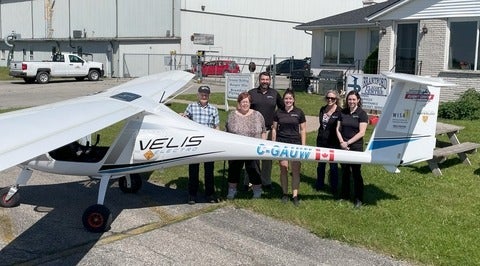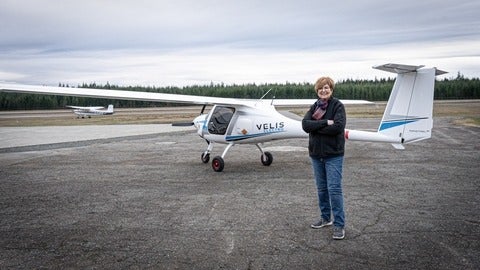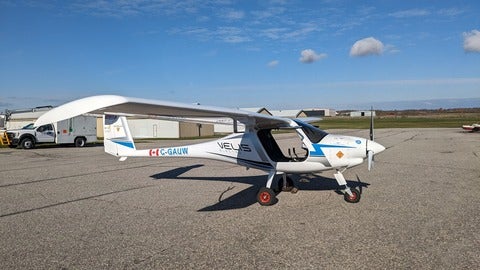How many people helped open the skies to electric aviation in Canada? One project says “Thank You” to over 150 helpers.
Thank you to the many people and partners who helped move our electric aviation project forward over the last five years. The following list illustrates the diverse range of people involved. We also thank the people who are not named but contributed in their own ways.








